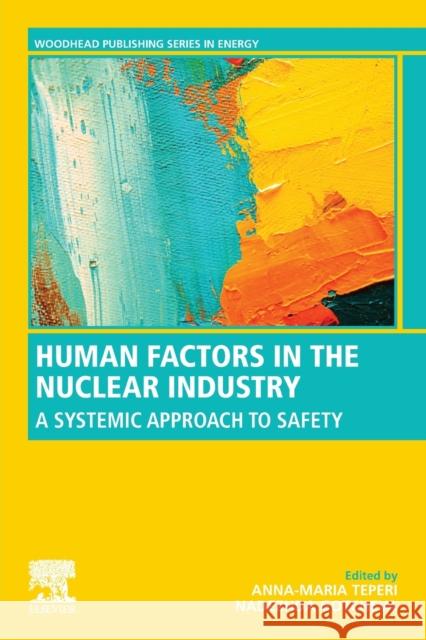Human Factors in the Nuclear Industry: A Systemic Approach to Safety » książka
topmenu
Human Factors in the Nuclear Industry: A Systemic Approach to Safety
ISBN-13: 9780081028452 / Angielski / Miękka / 2020 / 350 str.
Kategorie:
Kategorie BISAC:
Wydawca:
Woodhead Publishing
Seria wydawnicza:
Język:
Angielski
ISBN-13:
9780081028452
Rok wydania:
2020
Numer serii:
000904750
Ilość stron:
350
Waga:
5.95 kg
Wymiary:
22.86 x 15.24 x 1.96
Oprawa:
Miękka
Wolumenów:
01
Dodatkowe informacje:
Bibliografia











